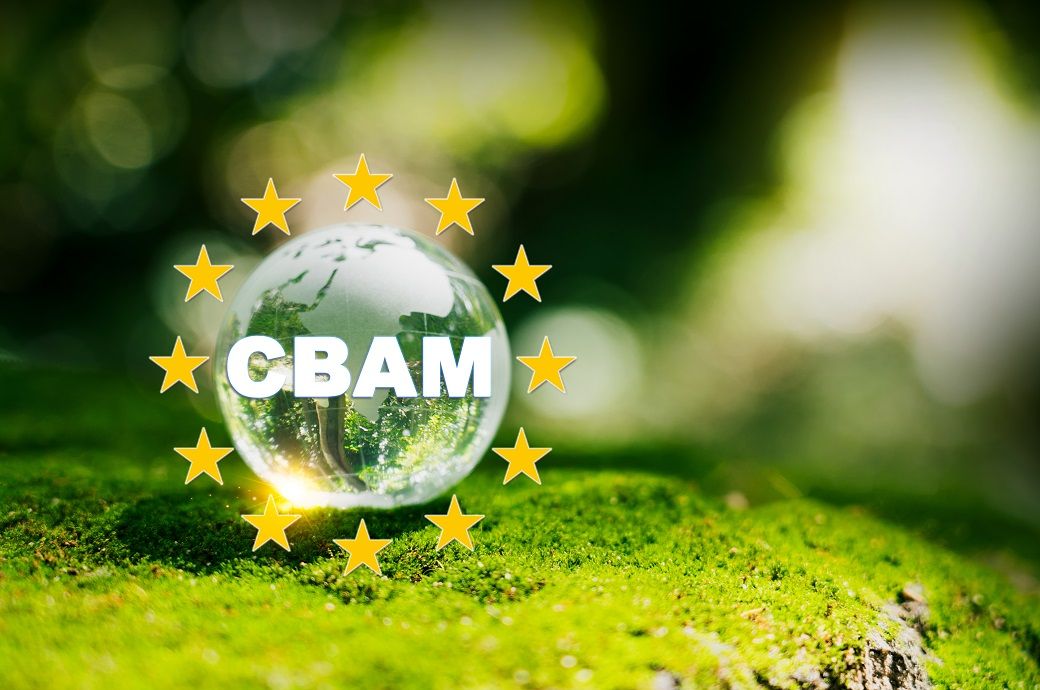
The updated CBAM introduces a new de minimis mass threshold, exempting imports of up to 50 tonnes per importer per year from CBAM requirements. This replaces the earlier rule exempting only goods of negligible value. According to the EU, this change will relieve 90 per cent of importers—primarily SMEs and individuals—of reporting and compliance obligations while still covering 99 per cent of total CO2 emissions from CBAM goods such as iron, steel, aluminium, cement, and fertilisers, the Parliament said in a press statement.
For goods still covered by CBAM, the law simplifies key processes including authorisation of CBAM declarants, calculation and verification of embedded emissions, and financial liability requirements. The legislation also introduces safeguards and anti-abuse provisions to ensure that emissions coverage remains intact and that the threshold cannot be misused to avoid compliance.
The legislation must now be formally endorsed by the Council of the EU. It will enter into force three days after its publication in the EU Official Journal.
CBAM is the EU’s flagship tool to ensure a level playing field between EU-made products—which are subject to the EU Emissions Trading System (ETS)—and imports from non-EU countries. It is designed to encourage foreign producers to adopt more climate-friendly production methods. In early 2026, the European Commission is set to review whether the CBAM’s scope should be expanded to cover additional ETS sectors and consider measures to assist EU exporters of CBAM-covered goods facing carbon leakage risks.
ALCHEMPro News Desk (KD)
Receive daily prices and market insights straight to your inbox. Subscribe to AlchemPro Weekly!